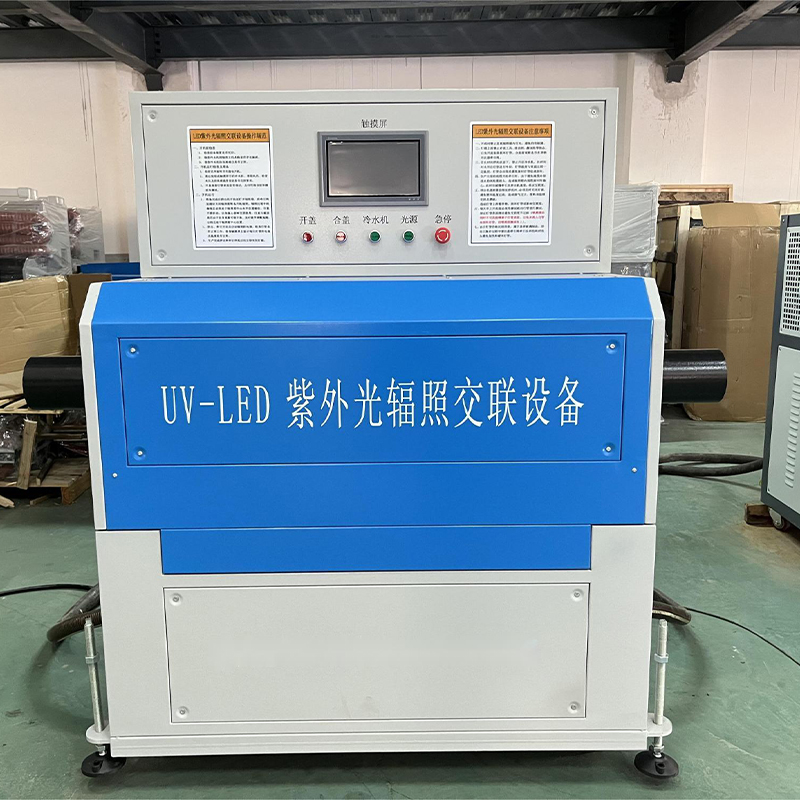Tensile Testing Equipment for Material Strength Measurement and Analysis
Understanding the Significance of Tensile Tester Machines in Material Testing
In the realm of materials science and engineering, the tensile tester machine, also known as a tensile testing machine or tensile strength tester, plays a crucial role. This sophisticated device is designed to measure the tensile properties of materials, particularly the behavior of materials when subjected to uniaxial tension. Its importance cannot be overstated, as it provides invaluable data that informs product design, quality control, and material selection across various industries.
At its core, a tensile tester machine operates by pulling a specimen until it fractures, recording the amount of force exerted and the elongation of the material throughout the process. This measurement allows engineers and material scientists to evaluate key properties such as tensile strength, yield strength, elongation, and Young's modulus, which are essential for understanding material performance under stress.
The procedure begins with the preparation of a standardized specimen, often shaped into a dog-bone configuration to ensure uniform stress distribution during testing. The specimen is then securely mounted in the machine, with one end fixed and the other attached to a moving crosshead. As the crosshead moves apart, precise sensors collect data on the force applied and the resulting elongation of the material. The data is typically displayed on a computer interface, allowing for real-time monitoring of the mechanical behavior of the material.
One of the primary advantages of using a tensile tester machine is its ability to provide quantitative measurements
. This objective data is vital for comparing the mechanical properties of different materials or assessing the consistency of materials in production. For example, in industries such as aerospace, automotive, and construction, where safety and reliability are paramount, understanding the tensile strength of materials can significantly affect design decisions and the selection process.tensile tester machine

Moreover, tensile testing is not limited to metals. It is equally applicable to polymers, composites, and elastomers, each of which may exhibit unique mechanical behaviors. Testing these materials helps engineers predict how they will perform in real-world applications, ensuring that products are both safe and effective. For instance, in the field of biomedical engineering, the tensile properties of materials used in implants must be precisely tested to ensure compatibility with human tissues and to avoid catastrophic failures.
In addition to research and development, tensile tester machines play an essential role in quality control. Manufacturers utilize these devices to perform routine inspections of materials and finished products, guaranteeing that they meet specific standards and regulations. This step is critical in maintaining the integrity of products and minimizing the risk of defects that could lead to product recalls or safety hazards.
In recent years, advancements in technology have further enhanced the capabilities of tensile tester machines. Modern machines are equipped with digital interfaces, automated data acquisition systems, and improved software for analysis, making the process quicker and more efficient. The integration of machine learning algorithms is also beginning to influence material testing, allowing for predictive analytics that can optimize material selection and processing conditions.
In conclusion, tensile tester machines are indispensable tools in the field of material testing. They provide crucial information about the mechanical properties of materials, supporting engineers and scientists in their quest to develop safe, reliable, and high-performance products. As industries continue to evolve, the importance of precise material testing and the role of tensile testers will only grow, further cementing their place as a cornerstone of modern engineering practices.
-
Why the Conductor Resistance Constant Temperature Measurement Machine Redefines Precision
NewsJun.20,2025
-
Reliable Testing Starts Here: Why the High Insulation Resistance Measuring Instrument Is a Must-Have
NewsJun.20,2025
-
Flexible Cable Flexing Test Equipment: The Precision Standard for Cable Durability and Performance Testing
NewsJun.20,2025
-
Digital Measurement Projector: Precision Visualization for Modern Manufacturing
NewsJun.20,2025
-
Computer Control Electronic Tensile Tester: Precision and Power for the Modern Metal Industry
NewsJun.20,2025
-
Cable Spark Tester: Your Ultimate Insulation Assurance for Wire and Cable Testing
NewsJun.20,2025
 Copyright © 2025 Hebei Fangyuan Instrument & Equipment Co.,Ltd. All Rights Reserved. Sitemap | Privacy Policy
Copyright © 2025 Hebei Fangyuan Instrument & Equipment Co.,Ltd. All Rights Reserved. Sitemap | Privacy Policy
